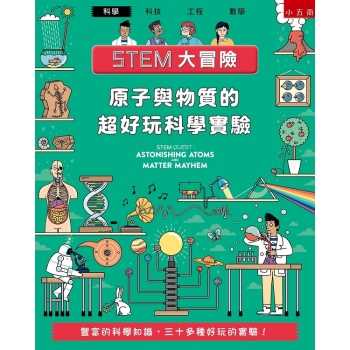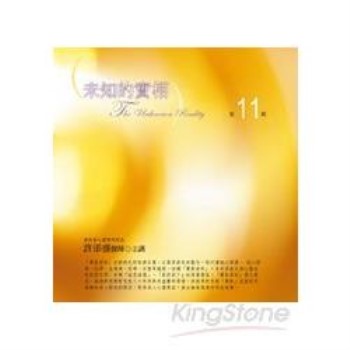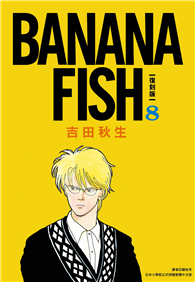Does theology belong within the academy or the church? How do Christian teachings - on God, revelation, and humanity - contribute to the activity of knowing? This volume offers a fresh reading of Bavinck’s theological epistemology and argues that his Trinitarian and organic worldview utilizes an eclectic range of sources. Sutanto unfolds Bavinck’s understanding of what he considered to be the two most important aspects of epistemology: the character of the sciences and the correspondence between subjects and objects.
Writing at the heels of the European debates in the 19th-20th century concerning theology’s place in the academy, and rooted in historic Christian teachings, Bavinck’s argument remains fresh and provocative. He argued that because the universe was created by the God as described in Christian thought as the Trinity (One God in three Persons: Father, Son, and Holy Spirit, and thus a God who is absolute unity-in-diversity) knowledge of the universe can be characterized as a singular organism. This volume, exploring archival material and heretofore untranslated works, then applies this reading to current debates on the relationship between theology and philosophy, nature and grace, and the nature of knowing.
| FindBook |
有 1 項符合
God and Knowledge: Herman Bavinck’’s Theological Epistemology的圖書 |
 |
God and Knowledge: Herman Bavinck’’s Theological Epistemology 作者:Sutanto 出版社:T&T Clark 出版日期:2020-02-20 語言:英文 規格:精裝 / 208頁 / 普通級/ 初版 |
| 圖書館借閱 |
| 國家圖書館 | 全國圖書書目資訊網 | 國立公共資訊圖書館 | 電子書服務平台 | MetaCat 跨館整合查詢 |
| 臺北市立圖書館 | 新北市立圖書館 | 基隆市公共圖書館 | 桃園市立圖書館 | 新竹縣公共圖書館 |
| 苗栗縣立圖書館 | 臺中市立圖書館 | 彰化縣公共圖書館 | 南投縣文化局 | 雲林縣公共圖書館 |
| 嘉義縣圖書館 | 臺南市立圖書館 | 高雄市立圖書館 | 屏東縣公共圖書館 | 宜蘭縣公共圖書館 |
| 花蓮縣文化局 | 臺東縣文化處 |
|
|
圖書介紹 - 資料來源:博客來 評分:
圖書名稱:God and Knowledge: Herman Bavinck’’s Theological Epistemology
內容簡介
A Sanctified Marriage
Now That I Am Saved, Now What?
Sermons on the Final Verses of the Song of Songs: Volume III
Devotional Comforted by God Faux Leather
Devotional Finding Wisdom in Proverbs Faux Leather
Healing Together: Trauma Informed Care for Spiritually Integrated Communities
Faith in the Midst
Mediæval Mystical Tradition and Saint John of the Cross
Mediæval Mystical Tradition and Saint John of the Cross
Wisdom: Making Godly Decisions
Now That I Am Saved, Now What?
Sermons on the Final Verses of the Song of Songs: Volume III
Devotional Comforted by God Faux Leather
Devotional Finding Wisdom in Proverbs Faux Leather
Healing Together: Trauma Informed Care for Spiritually Integrated Communities
Faith in the Midst
Mediæval Mystical Tradition and Saint John of the Cross
Mediæval Mystical Tradition and Saint John of the Cross
Wisdom: Making Godly Decisions
|











